Coconut coir chips, also known as coconut husk chips or coconut chunks, are a versatile and sustainable horticultural medium widely used in gardening and plant cultivation. Derived from the fibrous husk surrounding coconut shells, coir chips offer numerous benefits to plants and gardeners alike. Their unique properties make them an ideal alternative to traditional growing media, enhancing plant growth, root development, and overall garden health.
Coconut Chips
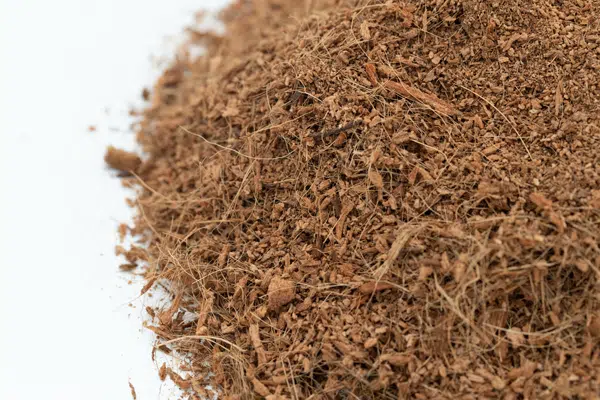
Extraction Process
Harvesting and Husking
Mature coconuts are harvested from coconut palms. The outer shell of the coconut, known as the husk, is removed to access the fibrous material within.
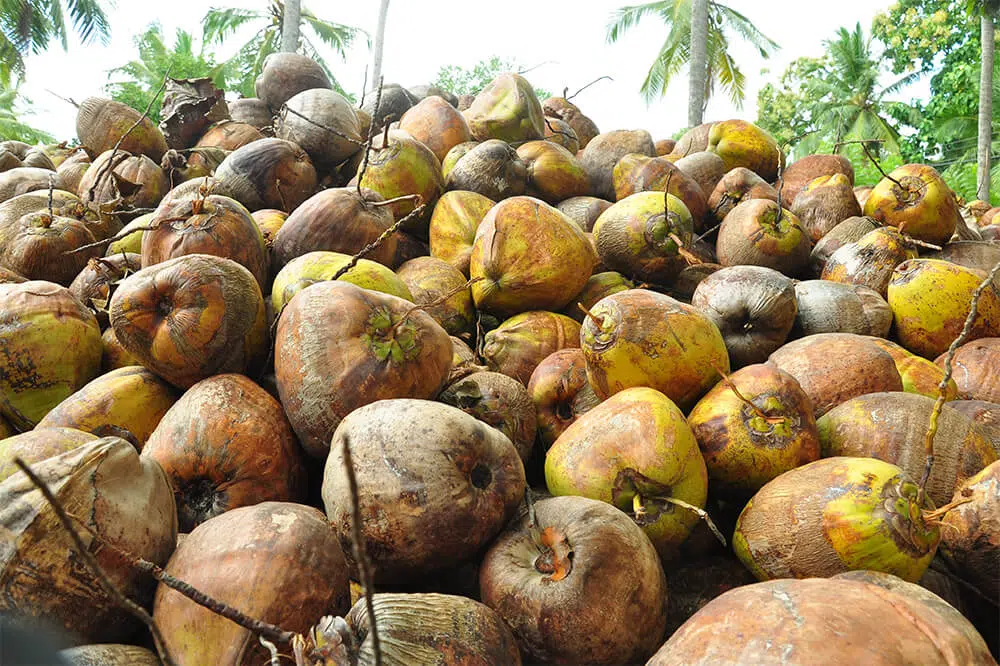
Retting
The husks are soaked in water for a specific period, a process known as retting. This step softens the husk’s fibers and loosens them from the harder components.
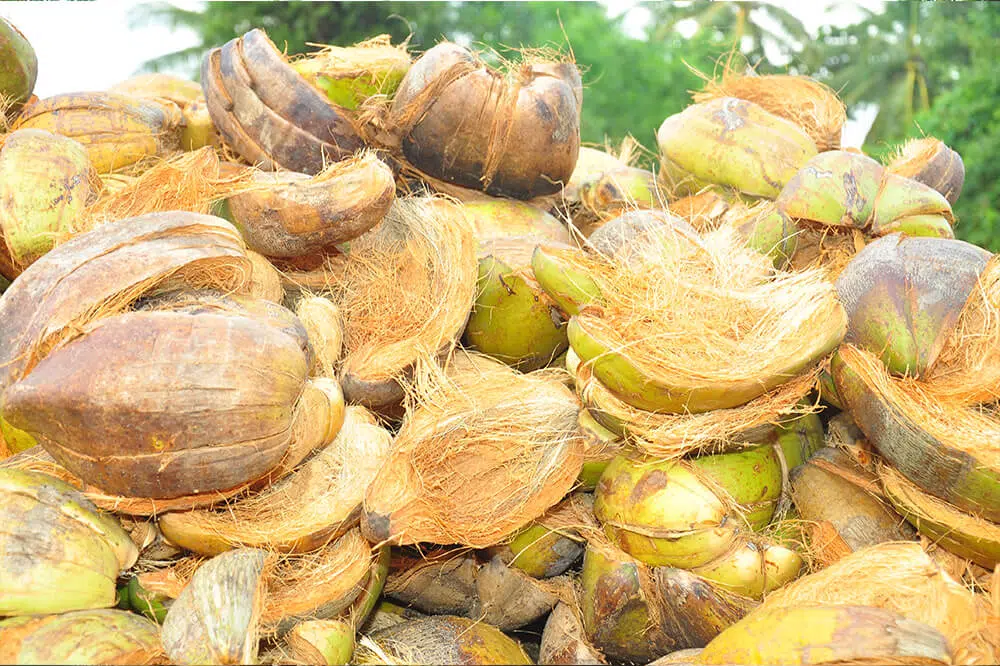
Mechanical Extraction
After retting, the husks are mechanically processed to separate the coir fibers from the husk’s inner shell and pith. This can involve machinery such as decorticating machines equipped with rotating drums or spiked rollers.
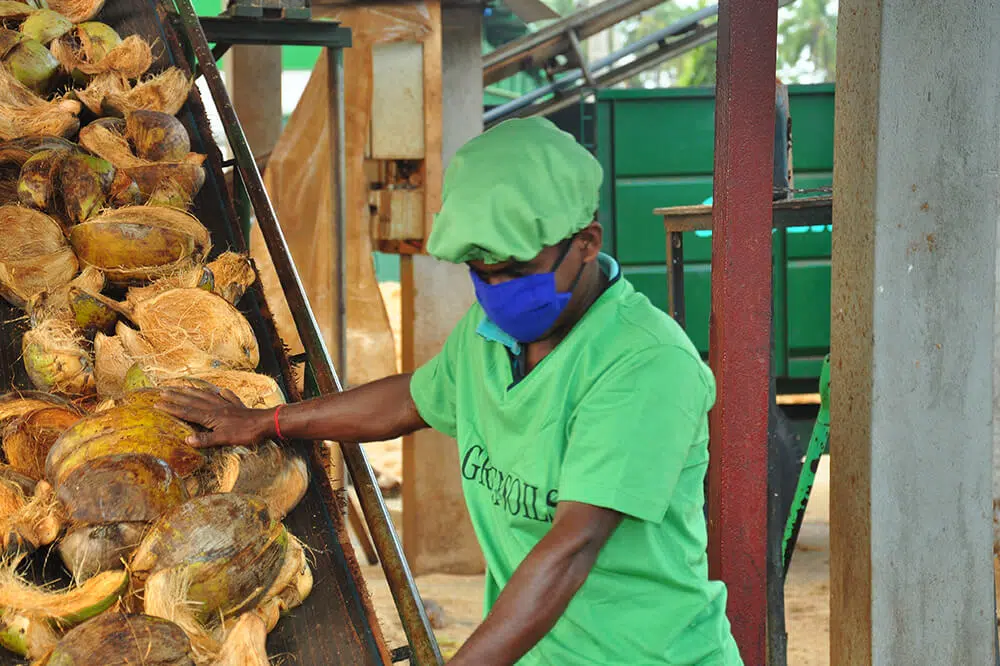
Sizing and Cutting
Once dried, the coir fibers may be further processed into specific sizes or lengths suitable for coir chips. This can involve cutting or shredding the coir fibers to create uniform pieces.
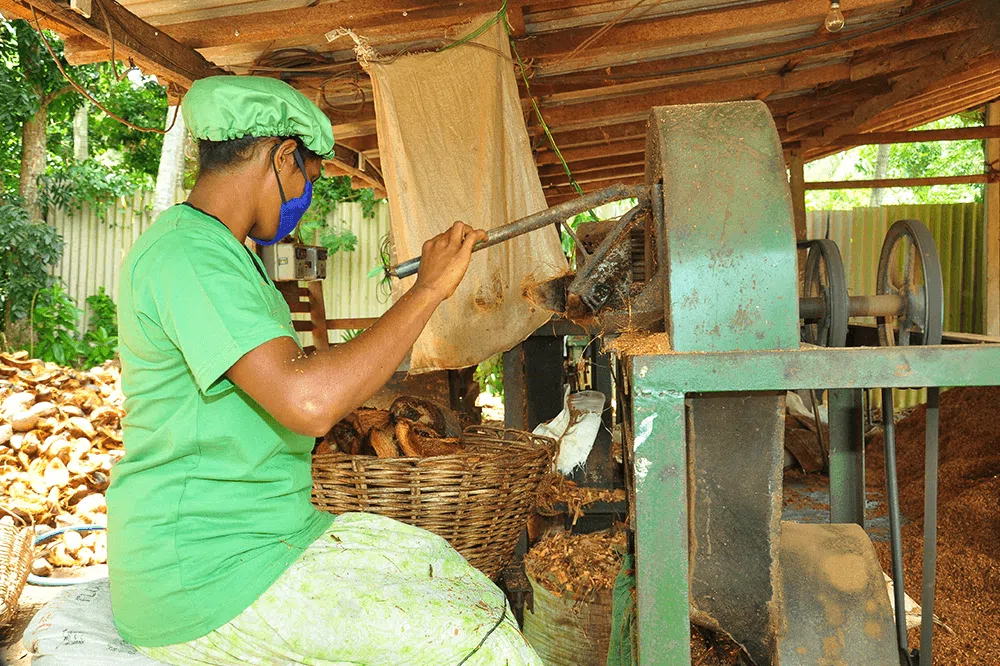
Screening and Grading
The coir chips are screened and graded to ensure consistent size and quality. Oversized or undersized pieces may be removed during this process.

Washing
The extracted coir fibers are thoroughly washed to remove any impurities, dust, or residual debris.
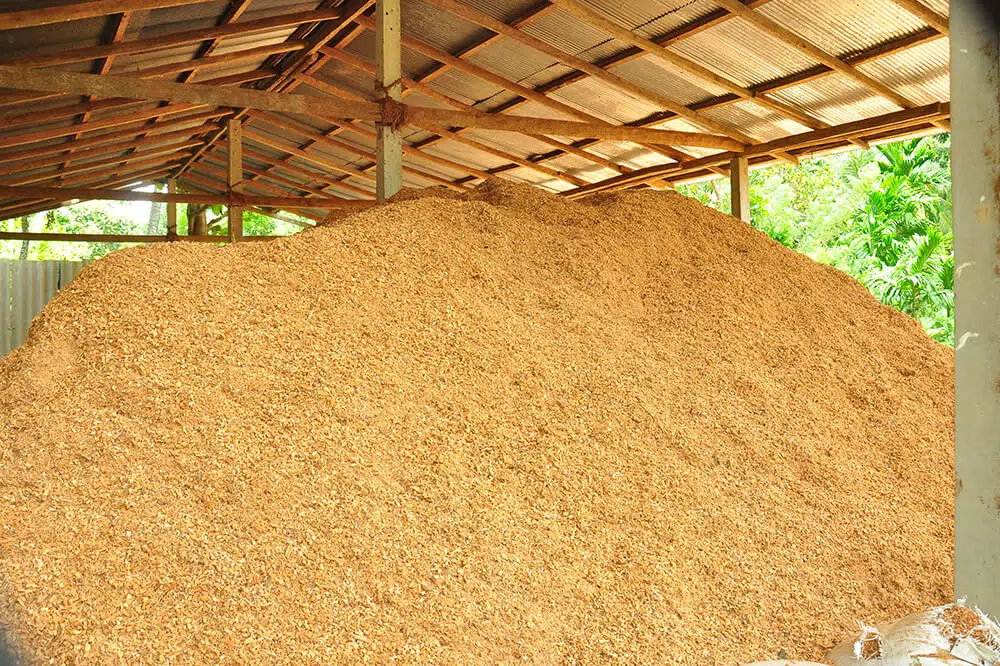
Drying
The washed coir fibers are spread out to dry under the sun or in controlled drying facilities. Proper drying reduces the moisture content of the coir, making it suitable for subsequent processing.
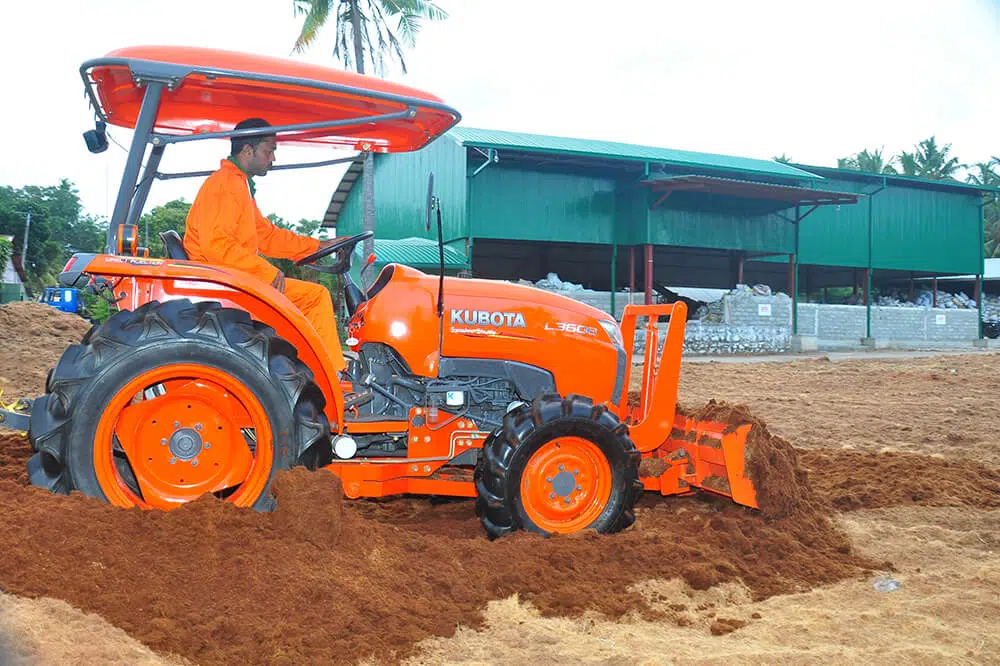
Packaging
The processed and graded coconut coir chips are packaged in appropriate containers or bags for distribution and use.
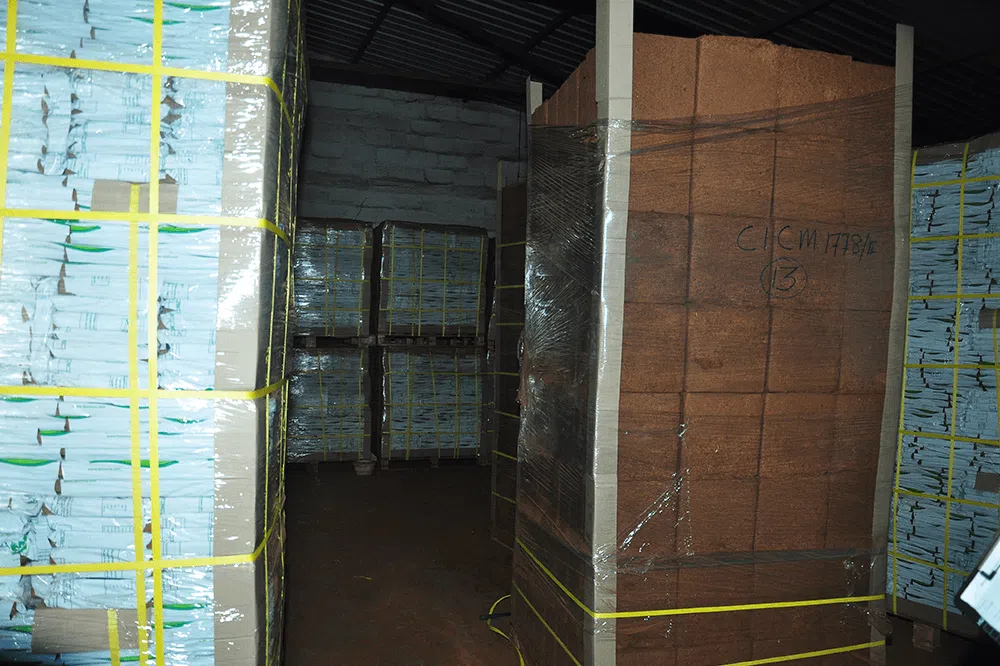
Key Properties of Coco-chips and why it is the ideal growing media substrate
- Aeration and Drainage: Coconut coir chips have an excellent balance of air porosity and water-holding capacity. This promotes optimal root aeration, prevents waterlogged soil, and allows for efficient drainage.
- Moisture Retention: Coir chips have the ability to retain moisture, providing a consistent water supply to plant roots. This is particularly beneficial during dry periods or when used in hanging baskets and containers.
- pH Neutral: Coconut coir chips have a near-neutral pH, reducing the need for pH adjustments in the growing medium. This helps create an optimal environment for various plant species.
- Durable and Long-Lasting: Coir chips have a sturdy and fibrous structure that resists decomposition, ensuring their longevity in the growing medium.
- Weed Suppression: Coir chips can help suppress weed growth when used as a top layer in pots, planters, or garden beds, reducing the competition for nutrients and space.
- Biodegradability: Coir chips are a natural and biodegradable material, making them environmentally friendly and suitable for organic gardening.
- Resistance to Pests and Diseases: The natural compounds present in coir chips may offer some level of resistance against pests and certain soil-borne diseases.
- Root Development: The fibrous texture of coir chips encourages healthy root growth by preventing compaction and allowing roots to establish themselves more effectively.
| Substrate Name | pH | EC (1:1.5) ( S/cm) | Air Porosity | WHC |
|---|---|---|---|---|
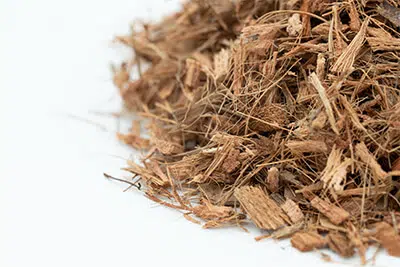 Chips 7C HE Chips 7C HE |
6.1 | 0.29 | 78% | 89 |
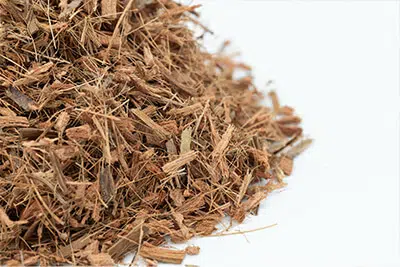 Chips 7C LE Chips 7C LE |
5.9 | 1.23 | 28% | 91 |
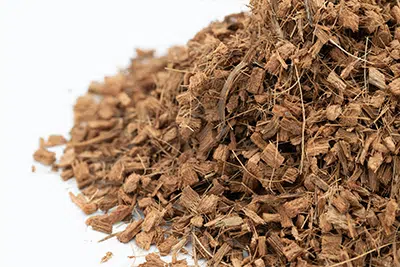 Fraction Washed Fraction Washed |
5.6 | 1.76 | 36% | 91 |
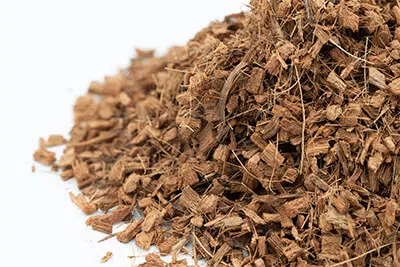 Chips 10C HE Chips 10C HE |
5.7 | 1.22 | 12% | 91 |
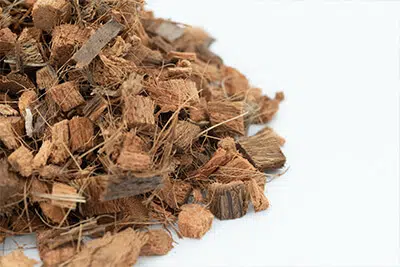 Chips 10C LE Chips 10C LE |
5.5 | 1.59 | 49% | 90 |
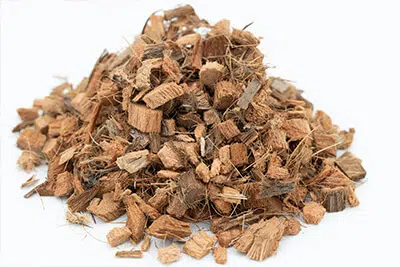 Chips 10C Washed Chips 10C Washed |
5.5 | 1.23 | 53% | 92 |
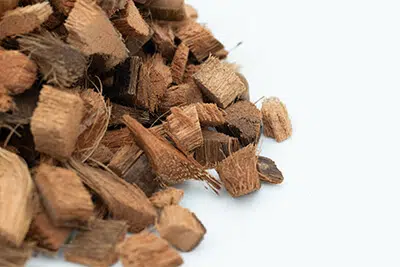 Chips 8C HE Chips 8C HE |
5.6 | 1.75 | 40% | 86 |
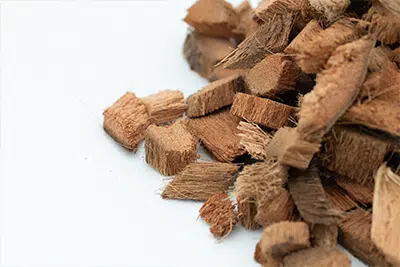 Chips 8C LE Chips 8C LE |
5.4 | 1.71 | 59% | 94 |
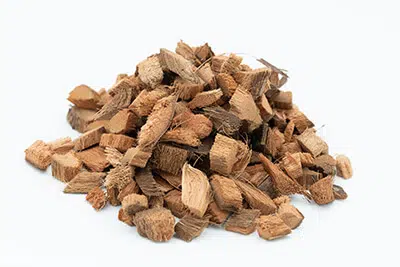 Chips 8C Washed Chips 8C Washed |
5.5 | 1.80 | 48% | 91 |
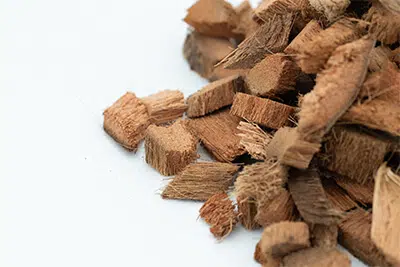 Chips 1218C HE Chips 1218C HE |
5.5 | 0.002 | 31% | 92 |
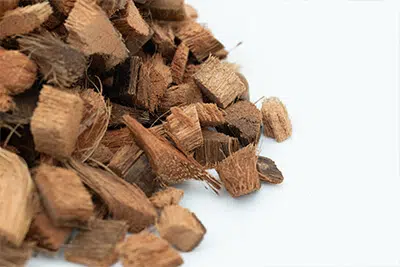 Chips 1218C LE Chips 1218C LE |
5.4 | 2.19 | 53% | 93 |
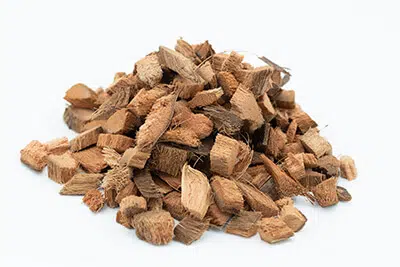 Chips 1218C Washed Chips 1218C Washed |
5.5 | 1.81 | 31% | 91 |
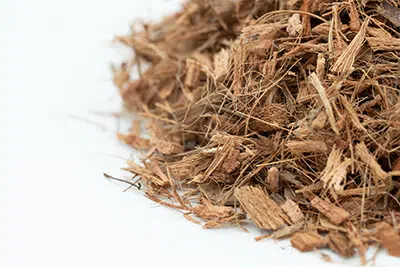 Chips 1824C HE Chips 1824C HE |
5.6 | 1.93 | 21% | 91 |
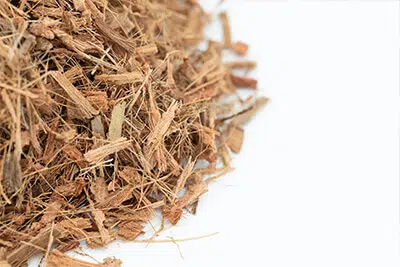 Chips 1824C LE Chips 1824C LE |
5.7 | 1.57 | 24% | 85 |
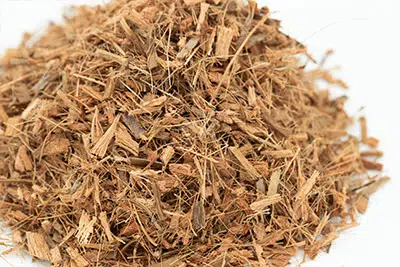 Chips 1824C Washed Chips 1824C Washed |
6.3 | 0.01 | 35% | 96 |
